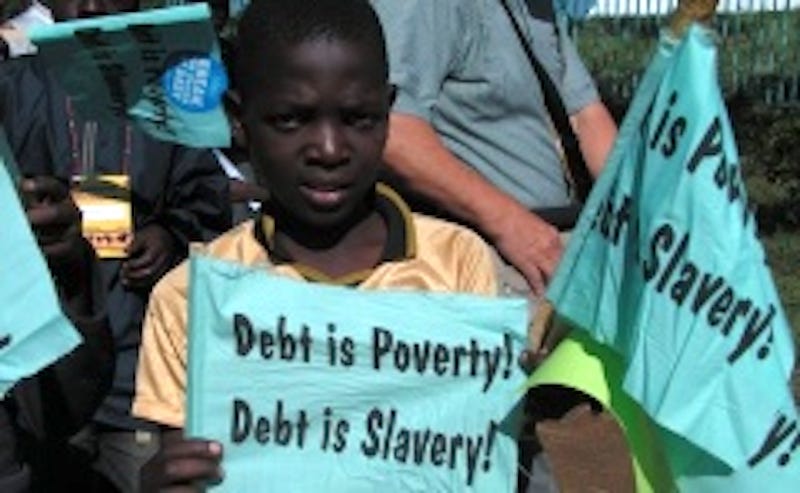Pan-African Groups Tackle Debt Crisis with Feminist Economic Agenda
With its ambitious agenda and unconventional approach, AfCoDD IV is poised to be more than just another talk shop.
MAPUTO, Mozambique-In a bold move to address Africa's mounting debt crisis, a coalition of Pan-African organizations is set to host a groundbreaking conference that promises to reshape the continent's economic narrative through a feminist lens this month end, writes Winston Mwale.
The 4th African Conference on Debt and Development (AfCoDD IV), themed "Africa's Debt Crisis: Pan-African Feminist Perspectives and Alternatives," will convene in Maputo, Mozambique, from August 28-30, 2024.
This high-profile event aims to challenge traditional economic thinking and propose innovative solutions to Africa's $1.8 trillion public debt burden.
The urgency of the conference is underscored by alarming statistics: four African countries have already defaulted or signaled default on their debt, while 29 others teeter on the brink of debt distress.
This financial strain has forced many governments to prioritize debt servicing over crucial investments in education, healthcare, and social services – areas that disproportionately affect women and girls.
AfCoDD IV stands out for its unique approach, bringing together economists, policymakers, activists, and scholars to view the debt crisis through a Pan-African feminist perspective.
The conference will explore controversial topics such as the colonial roots of Africa's debt, the impact of structural adjustment programs on women's livelihoods, and the need for gender-responsive budgeting.
It also aims to propose alternative economic models that prioritize social welfare and sustainable development.
Critics argue that a feminist approach to macroeconomics is too radical, but supporters contend that conventional methods have failed to deliver equitable growth.
The event has attracted attention from international financial institutions and development partners. While some view it with skepticism, others see it as a necessary evolution in economic thinking.
As African nations grapple with the dual pressures of debt repayment and domestic development needs, the outcomes of AfCoDD IV could have far-reaching implications.
The organizers hope to produce a comprehensive framework for debt management that centers on human development and gender equality.
With its ambitious agenda and unconventional approach, AfCoDD IV is poised to be more than just another talk shop.
It represents a growing movement to decolonize economic thinking and place African women at the heart of the continent's development strategy.
As the countdown to the conference begins, all eyes are on Maputo, waiting to see if this feminist revolution in economic policy will finally turn the tide on Africa's debt crisis.




